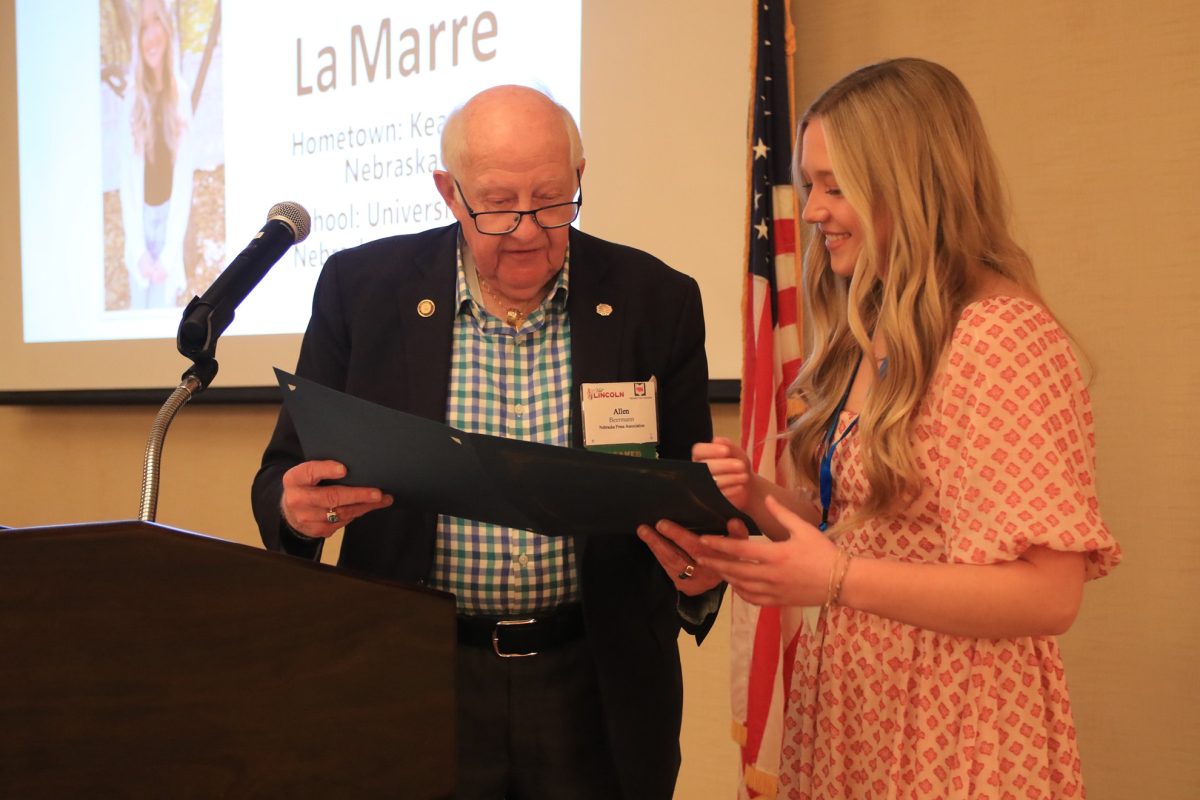In a world that often prioritizes smiles, polite nods and the word “yes,” it is easy to fall into the trap of people-pleasing. Initially, it can seem harmless, even admirable. There is a natural desire to be liked, to help others and to maintain harmony. But there comes a point when saying “yes” to everyone else starts to mean saying “no” to personal needs, well-being and authenticity.
This path is familiar to many who struggle with people-pleasing tendencies, and it is especially common for women. From an early age, societal expectations often condition women to be accommodating, agreeable and nurturing. The pressure to meet these expectations can lead to putting the needs of others first, even at the expense of their personal goals and health. The desire to avoid conflict or appear “difficult” adds another layer of complexity, making it even harder to break free from this cycle.
It often starts with small gestures: staying late at work to cover extra tasks, volunteering for projects beyond capacity or nodding along with “sure, no problem,” when every internal instinct protests otherwise. Gradually, obligations pile up, expectations from others rise and personal desires and needs are lost in the noise.
The link between people-pleasing and burnout is clear. Constantly trying to fulfill everyone else’s expectations is like carrying a load that only grows heavier. Each new favor or obligation adds to the strain, and the weight becomes overwhelming.
Burnout doesn’t strike suddenly; it creeps in slowly, manifesting as exhaustion and stress. Mornings can become battles to find the energy to face another day, while nights bring restless thoughts of whether enough has been done to meet others’ demands.
Self-neglect is another cost of people-pleasing. Consistently putting others first often means sacrificing personal care and interests. Skipping workouts, delaying passions or staying up late to finish tasks for others are common patterns. Promises to make time for oneself later frequently go unfulfilled as new demands continue to surface, leaving nothing left for personal well-being.
Perhaps the deepest cost of all is the loss of self-identity. When so much energy is spent on meeting others’ needs and expectations, it becomes difficult to connect with personal desires and values.
Yet, this loss of self-identity demands reflection. It raises difficult questions: Who remains when all the “yeses” and eager smiles are stripped away? What is truly valued when not focused on pleasing others? For many, these questions bring a realization of how far removed personal identity has become from daily actions.
Breaking free from people-pleasing patterns requires courage. Setting boundaries and risking disapproval can feel daunting. Saying “no” and facing the discomfort that follows can be challenging, but it is also liberating. The first time a decision is made in favor of personal well-being and fulfillment, it can reignite a long-lost spark of authenticity. Over time, that spark can grow stronger and become more empowering.
People-pleasing may appear to offer acceptance and peace, but often leads to burnout, neglect and the erosion of true self. Genuine connections and respect are built not by making everyone happy, but by living authentically. Next time there is an impulse to say “yes” when it is not deserved, it is worth reflecting on the cost.
































